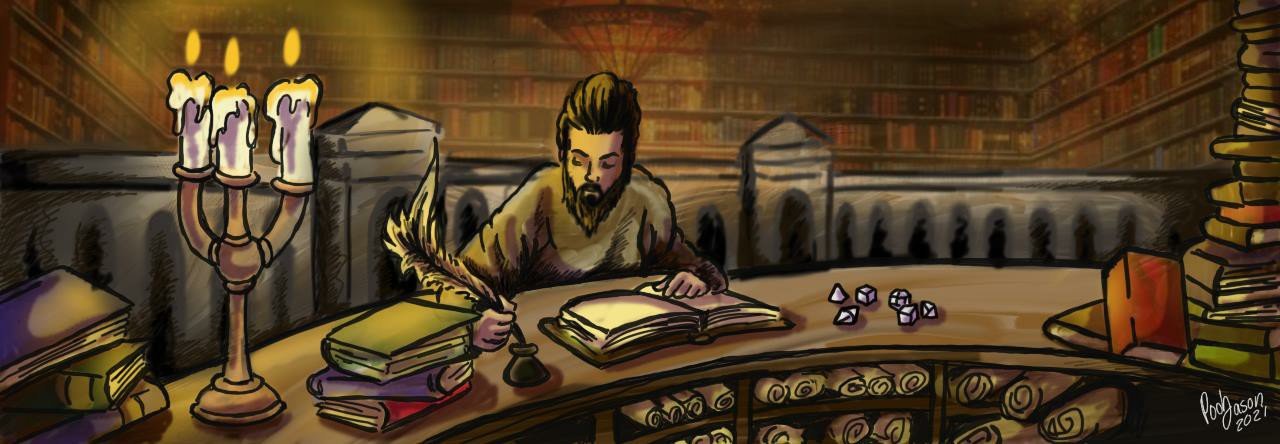FORAGING: Characters travelling in the wilderness may attempt to search or hunt for food, either to extend their normal supplies or prevent starvation. Searching for food may be done while travelling. If 1 is rolled on a d6, the party will have found enough to feed 1-6 men for one day. This food will consist of nuts, berries and possibly small game. To hunt, characters must spend a day without moving. There is a 1 in 6 chance of having an encounter from the Animal Subtable on the Wilderness Wandering Monster Tables. This encounter is in addition to any normal encounter rolls for the day. Days spent resting cannot be used for hunting.
Cook, ed. Dungeons & Dragons Expert Rulebook, 1981, p. X51
I love the simplicity of this mechanic, and in my experience resolving attempts to forage or hunt during play is super quick and non-intrusive. Although the rule as described above allows for an actual encounter when hunting, I usually handle hunting just as abstractly as foraging to keep the game moving. With that said, I would certainly play out a hunting encounter depending on the context and feel of the gaming session. The AD&D Wilderness Survival Guide which came out in 1986 provided four pages on how to handle foraging, hunting, and fishing. Sure, that’s great for times when you need a bit more complexity and detail; however, I’ll take a solid one paragraph mechanic over four pages of unnecessary complexity for my games.
